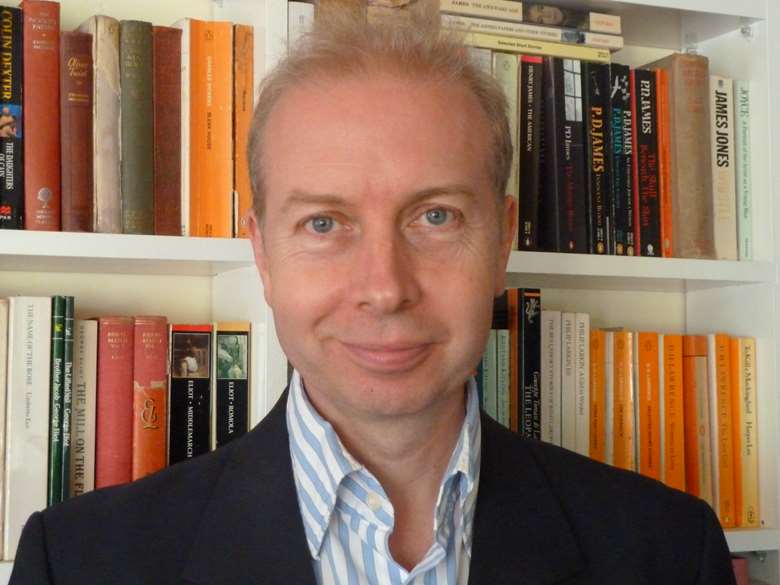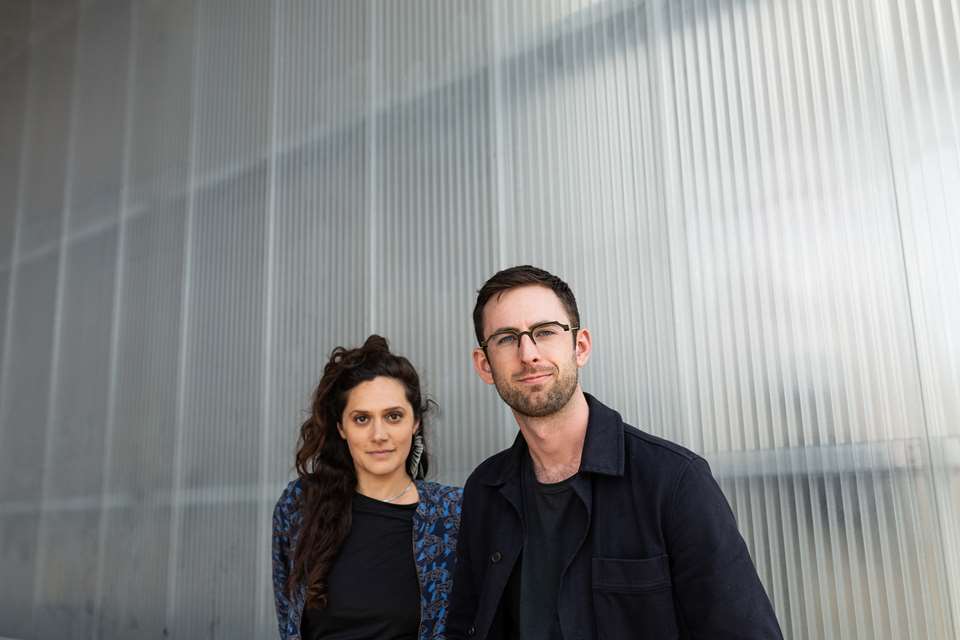Music-making in Manchester: The Hallé
Wednesday, December 16, 2020
We're looking in depth at how Manchester's music scene is thriving despite the challenges wrought on the city by Covid. We hear from David Butcher, the new CEO at the Hallé Orchestra

Your first few months as CEO of the Halle can’t have been the easiest to navigate. What have been the biggest challenges?
Where do I start? Coming into a large complex organisation, working remotely with the orchestra on furlough has certainly has been an unusual start. And re-imagining a new winter season of filmed concerts in Bridgewater Hall and Hallé St Peter’s in the first three months has been a challenge. Equally, the Hallé is a well-oiled and vibrantly flexible machine, where the support and expertise of the management team has been brilliant, and it’s been heartening that the Hallé musicians have been an amazing resource, helping create and embrace new ways of working – not to mention Sir Mark Elder, who has been leading the charge for the arts sector during this time, and worked tirelessly in helping the Hallé get back to work and to its audiences. So in that sense it’s been an incredibly rewarding time in spite of all these challenges.
Manchester has been hit hard by the pandemic, meaning that opportunities for live music-making have been severely disrupted. How have you ensured that a) local audiences and b) national audiences have remained engaged?
While larger scale concerts have not been possible, there’s been a vast array of imaginative digital work via films, Zoom rehearsals and workshops with our many ensembles - choirs, corporate choirs, youth choirs and youth orchestra – as well as small player groups producing work for schools and the Greater Manchester communities. Our rehearsal and community base at Hallé St Peter’s has remained open and it has been a beacon and a base for us to produce and house this work. More recently, we’ve worked with Bridgewater Hall – closed to audiences since March - to film concerts for our audiences. Ostensibly this has been for our Greater Manchester, Nottingham, Sheffield and wider North West audiences; however, we’ve been thrilled by the take up of the public across the rest of the UK and internationally too. It’s worth mentioning how our many individual supporters and corporate sponsors have remained loyal and embraced these new ways of working, for example Siemens who have sponsored the winter season.
What kind of measures or new technologies have you put in place to continue to be able to stream concerts?
We have a small but vibrant digital department who have worked heroically during this time and engaged Maestro Broadcasting Limited and Timeline TV, with producer Gemma Dixon and Jonathan Haswell, to produce our winter season and also films for schools. Audio has been produced by Steve Portnoi. We’ve tried to match the quality of the orchestra with quality films that make it more than simply a filmed performance. Additional lighting, a camera jib, in addition to six cameras, has enabled us to capture the performances in greater style, offering – we hope – a new and distinctive experience in watching and well as hearing the music, moving away from simply filming the performance, towards producing and illuminating a programme tailored for audiences to watch on home screens.
How did the money you received from the government’s Cultural Recovery Fund help?
The CRF funding has been a lifeline in redressing losses due to the pandemic, and in working with our partners at Bridgewater Hall to reopen the hall and produce these winter season films. We’ve also been able to build a very large stage extension over the stalls, so we’re able to tackle larger symphonic repertoire whilst complying to the two-metre distancing required. Having worked for a chamber orchestra for 27 years, it’s personally great to hear this repertoire with all the Hallé power I’ve been looking forward to!
What are you looking forward to most from the 2020/21 season?
Making these films has enabled us to be more adventurous than we normally would be. By this I mean not just musically with a diverse range of new works, but using different locations or the hall in new ways - presenting the orchestra and artists in ways that are not possible in the traditional concert format, with close-ups, talking heads, additional film, visual segues etc. It’s difficult to pick just one. The first concert will live long in my memory – I sat quietly at the back of the hall to hear the first music played since March, a new Huw Watkins Fanfare written especially for us, and Wagner’s Meistersinger’s Suite, with the players visibly moved to be playing together again. Maybe, if I had to pick one, I’m looking forward to experiencing Annabel Arden’s new production of Stravinsky’s The Soldier’s Tale from Hallé St Peter’s with Lemn Sissay (available from 18 March).
What do you think will be the lasting lessons of the pandemic for orchestras?
Across all the arts, the digital learning has been huge – not just for concerts, but for learning and community work, as well as having an impact on management practices that will affect us all moving forward. I also think that some things many of us are already doing or have been talking about for years – shorter concerts, more diverse repertoire, non-traditional venues, broadening audiences, the importance of place and local communities - have been pushed up the agenda and there’s an opportunity to foster this new learning, and propagate the wider relevance and excitement of orchestras and orchestral music. There are still difficult times ahead for us all as we look ahead to next year with many obstacles – not least in enticing our audiences back - but there will be lessons and new opportunities which I’m certainly looking forward to embracing and developing with the Hallé.
David Butcher is CEO of the Hallé. The orchestras’s online winter season is available on https://thehalle.vhx.tv/
